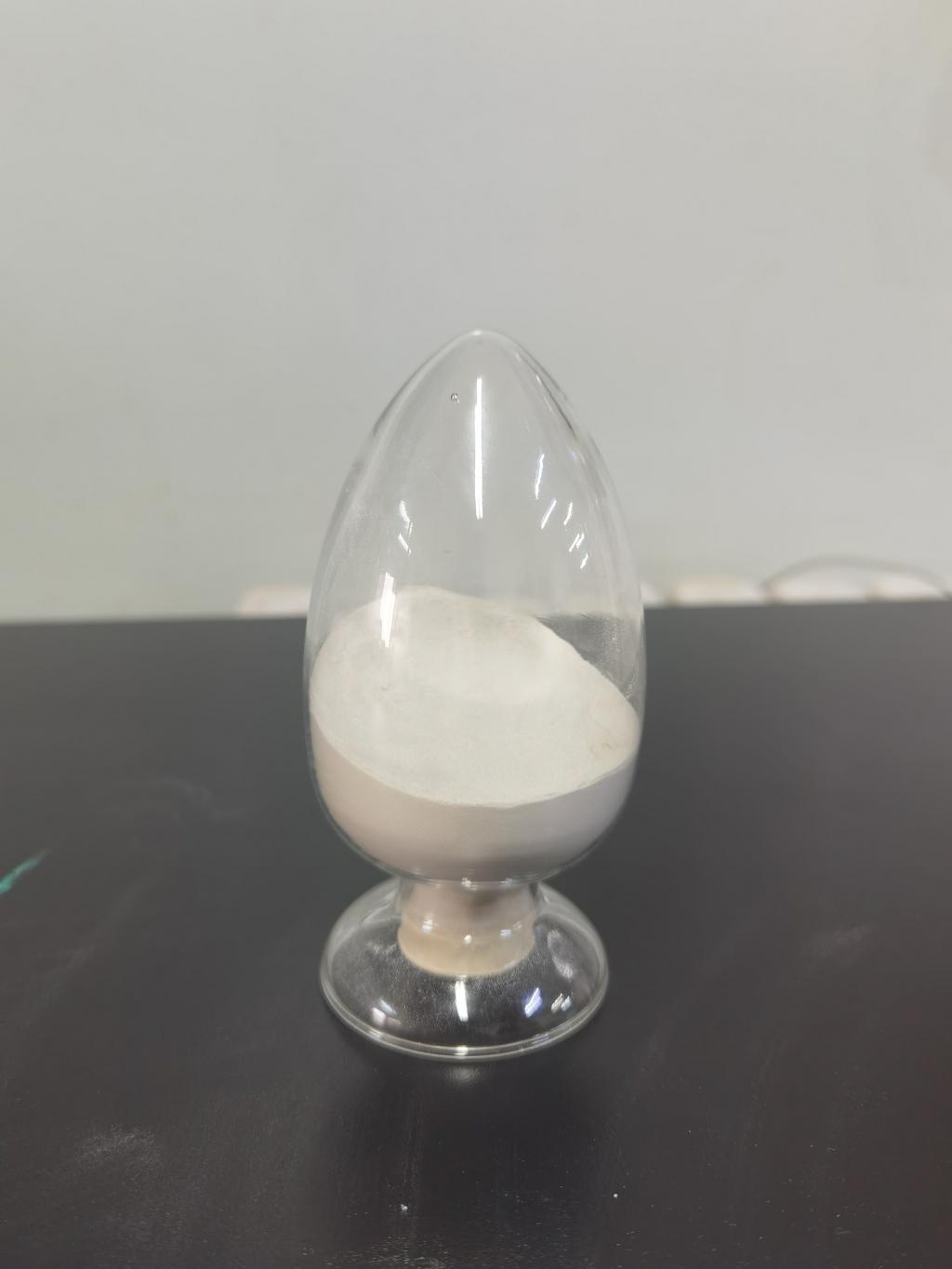Tel:+8618231198596

News
 CONTACT
CONTACT
 CONTACT
CONTACT
- Linkman:Linda Yao
- Tel: +8618231198596
- Email:linda.yao@dcpharma.cn
- Linkman:CHARLES.WANG
- Department:Overseas
- Tel: 0086 0311-85537378 0086 0311-85539701
News
Is Nisin effective against a wide range of bacteria and fungi?
TIME:2023-03-20
Nisin works by disrupting the cell membrane of microorganisms, which causes the leakage of intracellular contents and eventually leads to cell death. It is particularly effective against bacteria that have a cell wall composed of peptidoglycan, which includes most Gram-positive bacteria. Nisin binds to the cell wall and inserts into the membrane, where it forms pores that allow ions and other small molecules to leak out of the cell. This disrupts the electrochemical gradient across the membrane, which is essential for bacterial survival.
In addition to its activity against bacteria, nisin has also been shown to be effective against certain fungi, including some species of Aspergillus, Candida, and Penicillium. The mechanism by which nisin inhibits fungal growth is not fully understood, but it is believed to involve a similar disruption of the cell membrane.
Nisin has been shown to be effective against a number of foodborne pathogens, including Listeria monocytogenes, Staphylococcus aureus, and Bacillus cereus. These bacteria can cause serious illness in humans, and nisin has been used as a natural alternative to synthetic preservatives to help reduce the risk of foodborne illness.
One of the advantages of nisin is that it is heat-stable, meaning that it can be used in high-temperature food processing without losing its antimicrobial activity. This makes it an ideal preservative for canned foods, which are often processed at high temperatures to ensure their safety and shelf life.
Another advantage of nisin is that it is generally regarded as safe (GRAS) by the US Food and Drug Administration (FDA). This means that it is considered to be safe for consumption in the amounts typically used in food preservation. Nisin has been used in food preservation for over 50 years and has a long history of safe use.
Despite its effectiveness against a wide range of bacteria and fungi, there are some limitations to the use of nisin. For example, it is not effective against all types of bacteria, including some Gram-negative bacteria. In addition, the efficacy of nisin can be reduced in the presence of certain food components, such as fats and proteins.
Overall, nisin is an effective and safe antimicrobial agent that is used widely in food preservation. Its broad-spectrum activity against bacteria and fungi, combined with its heat stability and long history of safe use, make it an ideal natural preservative for a wide range of food products.
- Tel:+8618231198596
- Whatsapp:18231198596
- Chat With Skype







